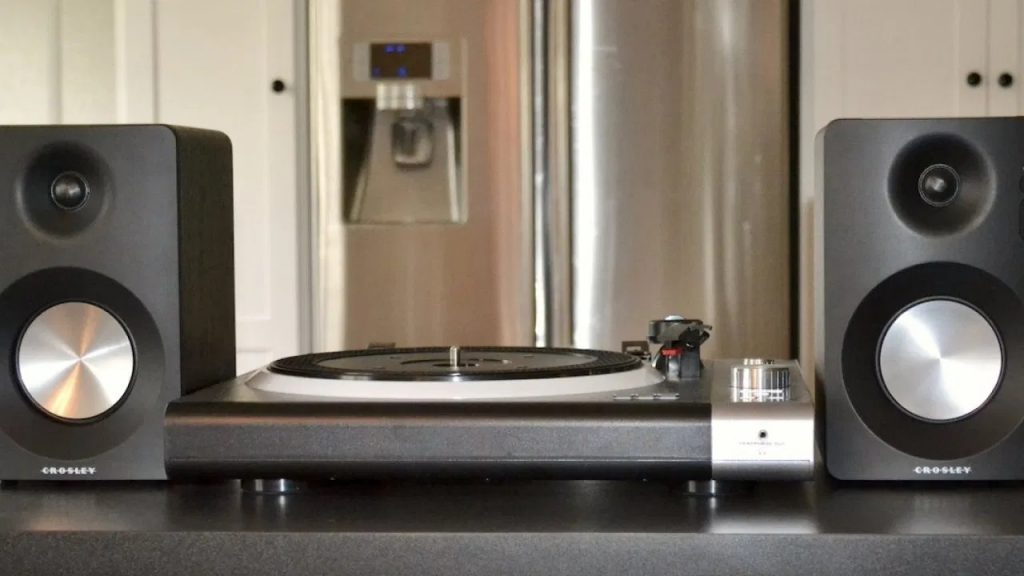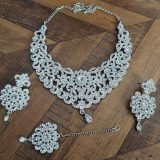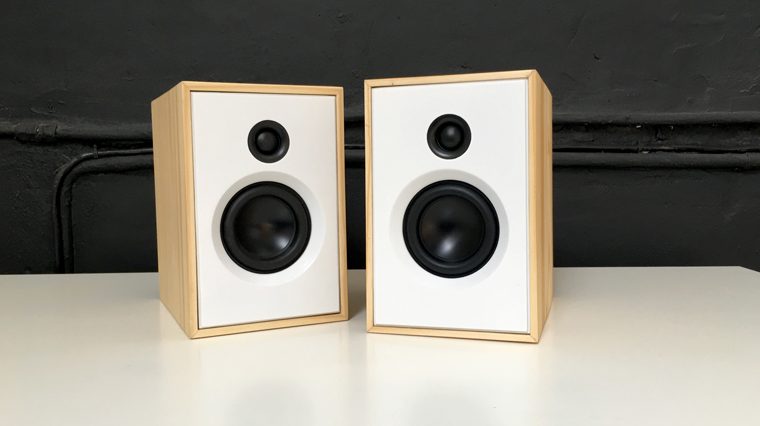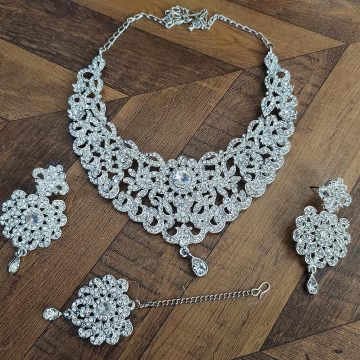Speakers determine your stereo system’s overall sound quality. That is why you must listen to various models before you make a final decision. To ensure you end up getting speakers with high quality sound, you must consider things such as speaker type, stereo components used for powering the system, listening space, and personal preference. Below are the important tips to take into consideration when buying stereo speakers:
Pay Attention to Sound Quality
Sound is quite a personal judgment. People vary in their taste and what sounds great to one person may underwhelm another. When you shop for speakers, you need to listen to many models with music you are familiar with. Also, consider listening to live music to evaluate speakers. Ensure the music sounds natural to your ears, has a balanced tone quality, and is easy to enjoy for a long time.
Be Aware of the Different Kinds of Speakers
There are different speakers you can pick from across a lot of brands. Narrowing your choices down can help ease the buying process. Speakers can be floor-standing, satellite, bookshelf, soundbar, subwoofer, and portable. On-wall speakers can be placed and plugged in right away while in-wall speakers or in-ceiling kinds may require special fixtures and installation. You can get wired, wireless, or both speakers either as a multi-channel for surround sound or a simple stereo pair.
In general, floor-standing and bookshelf speakers have the best overall sound as the drivers and enclosures are matched for performance. But, some models take up floor space that can be a necessary consideration for room layouts.
If you want a smaller speaker, go for satellite speakers. These speakers are also best combined with a subwoofer for a more compact audio system. If you want an option to improve audio without much fuss or space used, go for a soundbar.

Consider Acoustics and Rooms
Not all types of speakers will sound great in an area. Smaller models may work for a regular bedroom; however, they sound weak or pale when placed in a family room. Bigger speakers can easily overwhelm small spaces. Audio can also be affected by room dimensions, materials, and contents. Sound will reflect off big furniture, exposed walls, and bare floors. Carpets, rugs, and cushions can absorb sound.
Match Speakers with the Right Components
Speakers should be matched with an amplifier or receiver that delivers the perfect amount of power. Often, manufacturers specify a range of amplifier power for proper unit powering. If you want to opt for a multi-channel or surround-sound setup, it’s best to stick to the same speaker brands for performance reasons.
















